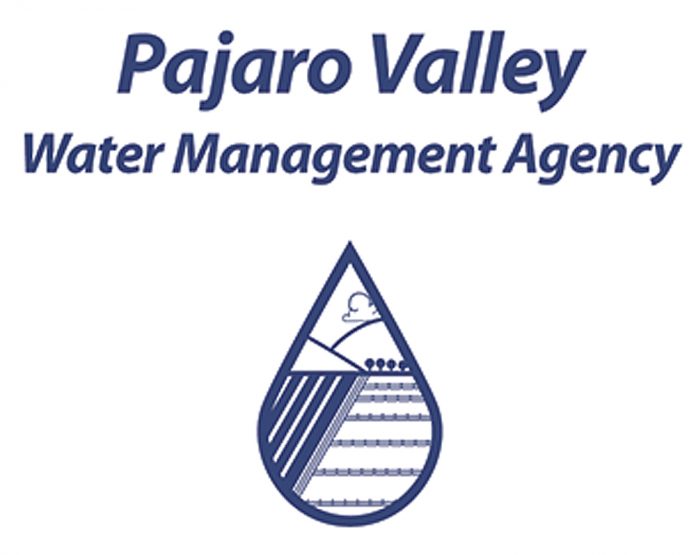WATSONVILLE—The Pajaro Valley Water Management Agency has entered agreements with two engineering firms to help plan for a project that will help the area achieve sustainable groundwater resources by 2040.
The College Lake Integrated Resources Management Project will use rainfall runoff to replace a portion of groundwater pumping in the area most affected by seawater intrusion. Valley-wide, more than 90% of the basin’s water demand is met through groundwater.
The project is critical for the agricultural industry, which uses more than 80% of the water in the Pajaro Valley.
According to the PVWMA, the Pajaro Valley during an average year pumps more groundwater than rain and streams are able to recharge, a problem that has been occurring for more than a half-century. This has led to long-term groundwater overdraft and seawater intrusion into the freshwater aquifers.
The College Lake Project would provide an average of 2,100 acre-feet per year of surface water.
“Every gallon we keep in the ground is a gallon we can use later,” said PVWMA Water Conservation and Outreach Specialist Marcus Mendiola. “Or that any Pajaro Valley resident can use later, for future use.”
An Acre-foot is 325,850 gallons, or the amount of water that fills an acre of land, a foot in height.
The City of Watsonville averages 5,800 acre-feet per year, and the average rural home uses half an acre foot per year.
“The successful implementation of the College Lake Project is crucial for the future success and prosperity of the Pajaro Valley,” said PVWMA Board Chair Amy Newell. “Without this project, all other options would devastate our agricultural economy, and would make achieving groundwater sustainability significantly more painful.”
PVWMA submitted a proposal in July for a $10 million State Water Resources Control Board Storm Water grant to help fund the project.
For information, visit www.pvwater.org.













